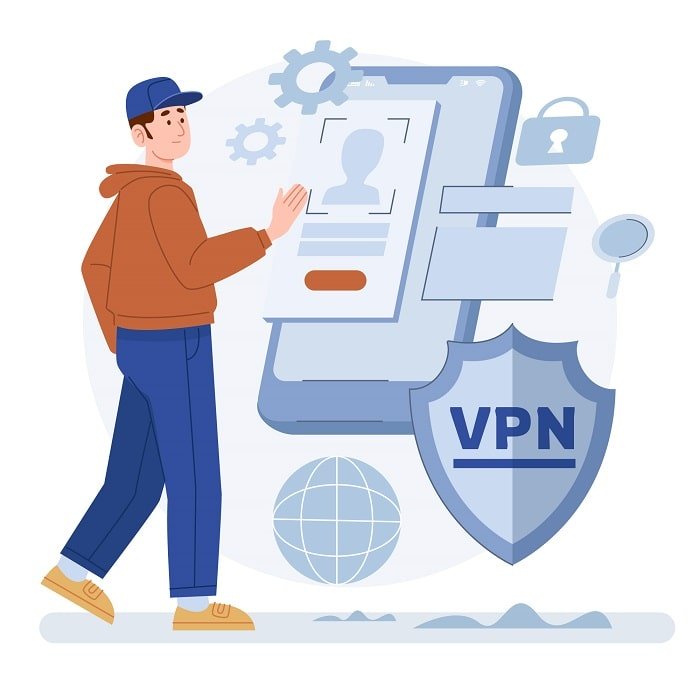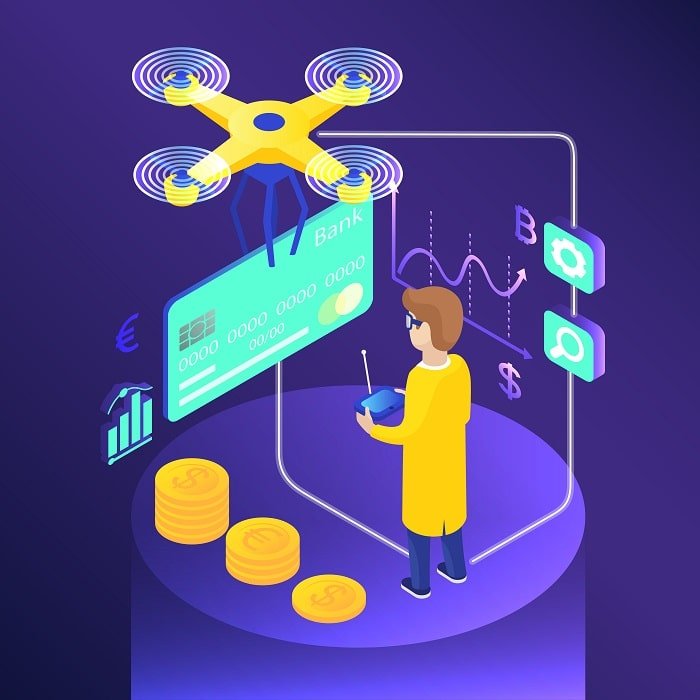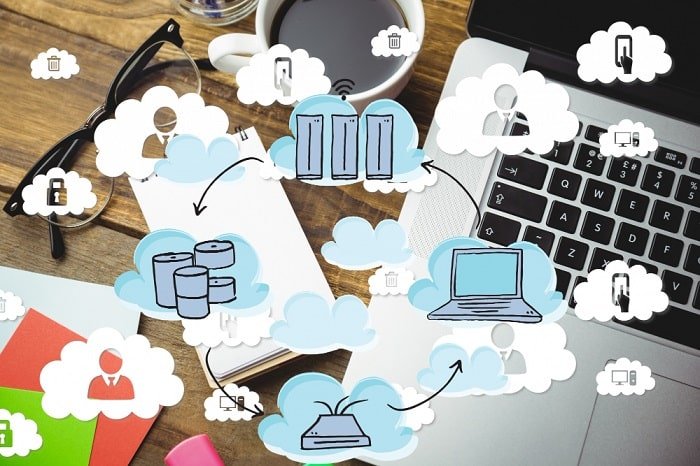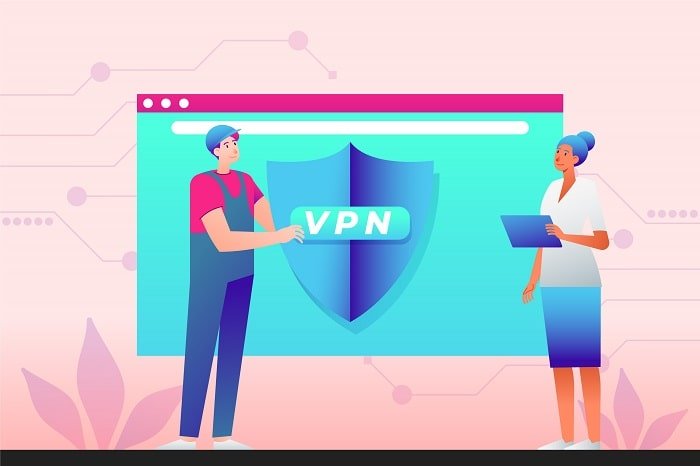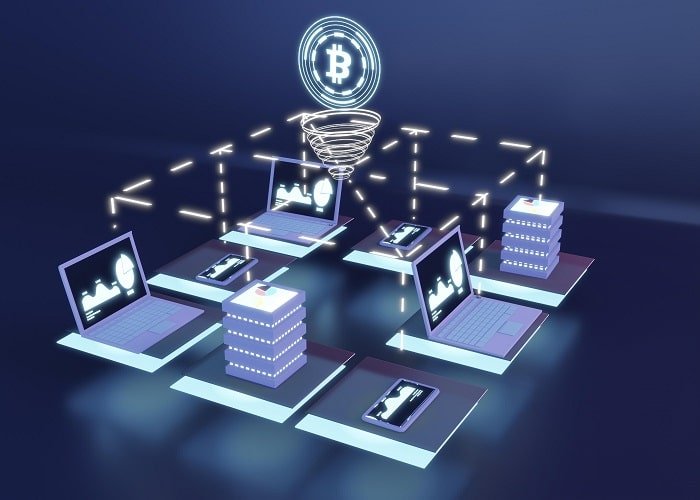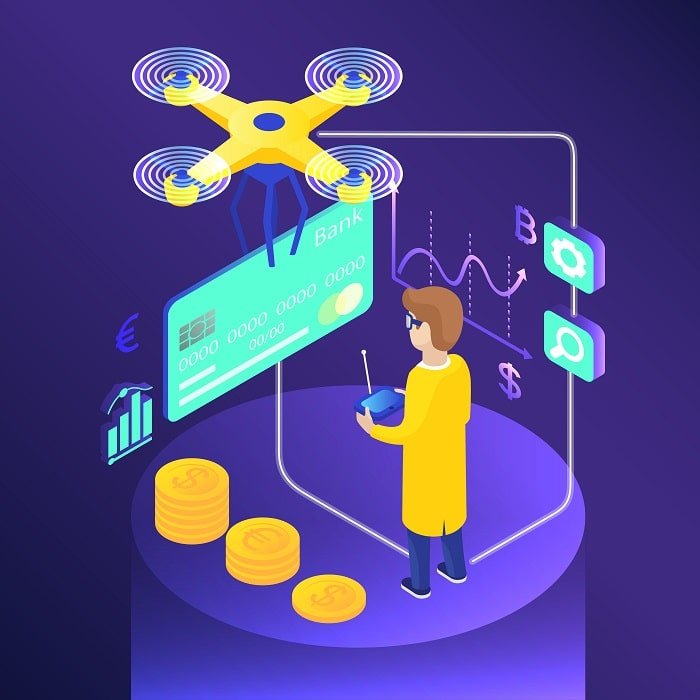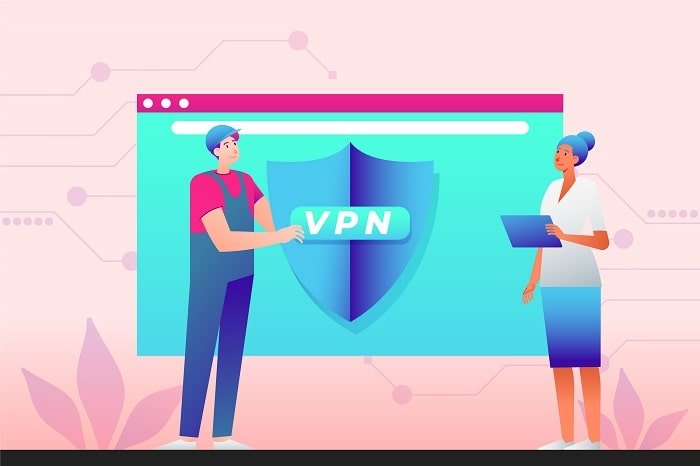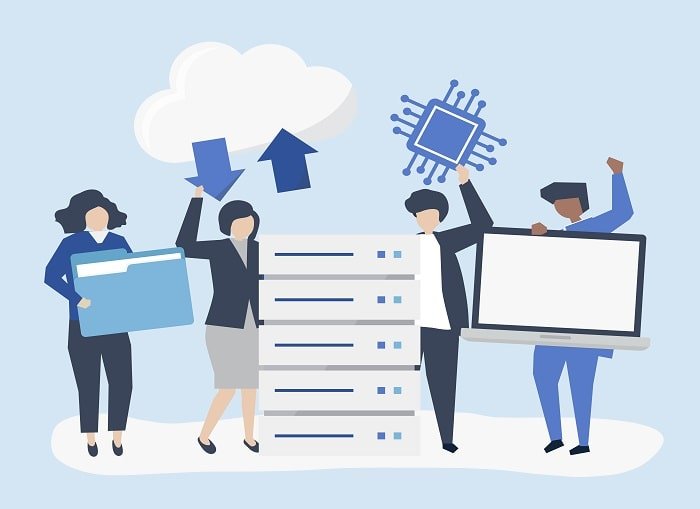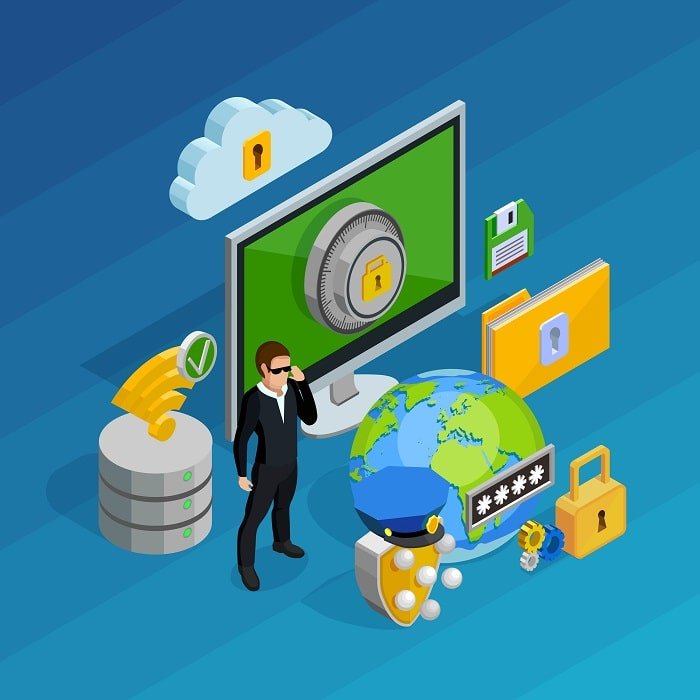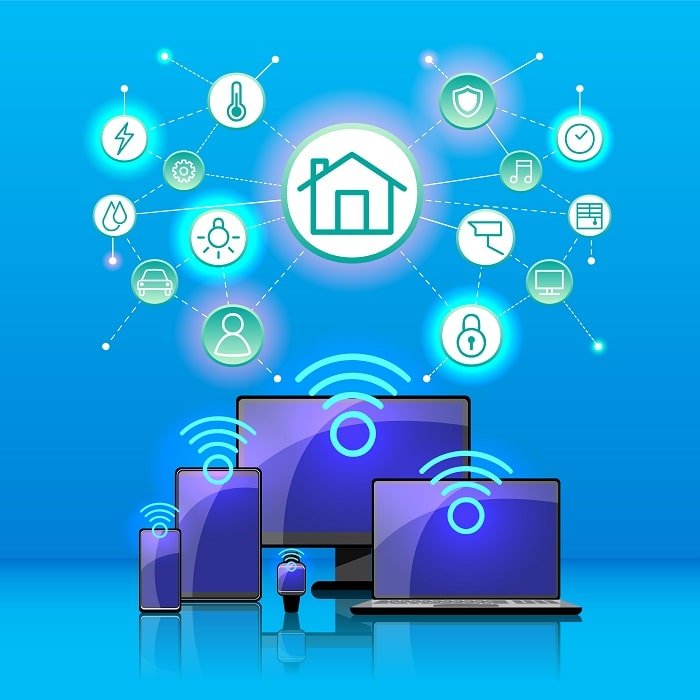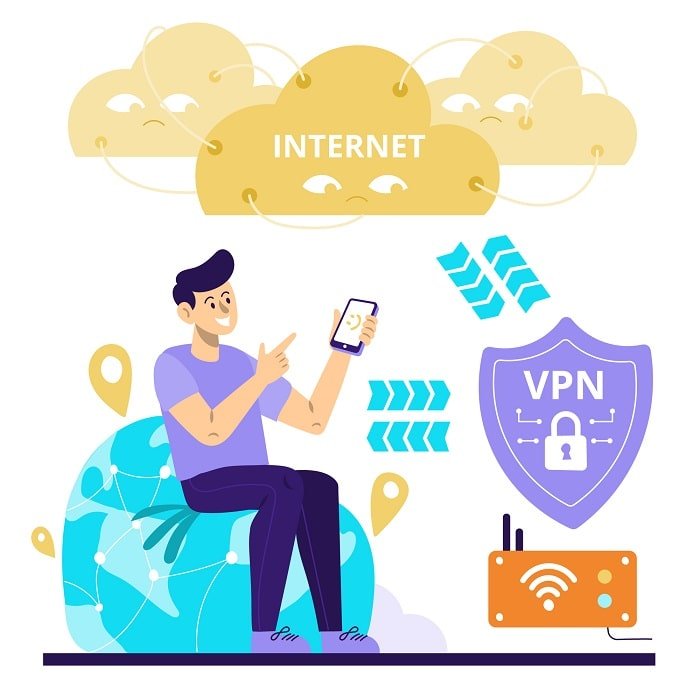
In today’s digital era, the significance of online privacy and security cannot be overstated. As we navigate through an increasing volume of data online, the need to safeguard our digital footprint becomes paramount. A Virtual Private Network (VPN) serves as a critical tool in this endeavor. VPNs enhance security, privacy, and enable access to restricted content, making them indispensable for both personal use and business operations. This article explores the multifaceted benefits of VPNs, underscoring why they are more than just a security solution.
Understanding Virtual Private Networks (VPNs)
How VPNs Work
A VPN works by creating a secure and encrypted connection between your device and the internet. This connection, often referred to as a VPN tunnel, masks your IP address with one provided by the VPN server, making your online actions virtually untraceable.
Types of VPNs
- Remote Access VPNs: Allow users to connect to a private network from a remote location.
- Site-to-Site VPNs: Connect entire networks to each other, often used by businesses with multiple branches.
- SSL/TLS VPNs: Provide security for web browsers and mobile apps.
Comparison with Other Security Measures
Unlike simple firewalls or antivirus software, which protect specific aspects of your data and device security, VPNs offer comprehensive protection by encrypting all data transmitted during your online sessions.
Improved Online Security
Protection Against Cyber Threats
VPNs are pivotal in safeguarding against various cyber threats such as data breaches, man-in-the-middle attacks, and eavesdropping. By encrypting data, VPNs ensure that even if intercepted, the information remains secure and unreadable.
The Role of VPN Encryption
Encryption is the backbone of VPN security, turning sensitive data into unreadable code that can only be deciphered with the correct encryption key.
Real-World Security Enhancements
For instance, businesses often use VPNs to secure communication and protect sensitive data from competitors, while individuals use VPNs to avoid snooping on public Wi-Fi networks.
Enhanced Privacy and Anonymity
Protecting User Privacy
VPNs offer privacy by masking your IP address, location spoofing, and facilitating anonymous browsing—key features in protecting against tracking and maintaining user confidentiality.
The Digital Age and Privacy
In an age where personal data is a commodity, maintaining privacy isn’t just a preference but a necessary measure against invasive marketing practices and potential cybercrime.
Anonymity Examples
Users in restrictive countries have utilized VPNs to anonymously voice their opinions or access politically sensitive information without fear of reprisal.
Unrestricted Access to Content
Bypassing Content Restrictions
VPNs can overcome geo-blocking, censorship, and content filtering, allowing access to a broader array of content globally, from news to entertainment.
Benefits of Accessing Restricted Content
This capability is particularly beneficial for users in geo-restricted regions looking to access global educational, media, and research resources.
Content Access in Action
For example, a user in Asia can access European streaming services using a VPN to watch content that is otherwise unavailable in their region.
Improved Remote Work and Collaboration
Enhancing Remote Capabilities
With the rise of remote work, VPNs have become essential in securely connecting employees to company resources, enabling secure file sharing and remote desktop access.
Importance in the Post-Pandemic Era
The shift towards remote work necessitates robust security measures to protect sensitive corporate data outside the traditional office environment.
Case Studies
Businesses have leveraged VPNs to maintain productivity and security for remote teams, ensuring seamless collaboration and data integrity.
Cost-Effective and Scalable Solution
VPN Cost Efficiency
When compared to other security technologies, VPNs offer a more affordable solution for effective cybersecurity protection across an organization.
Scalability for Businesses
VPNs can be easily scaled depending on the size and needs of the business, from small startups to large enterprises.
Organizational Benefits
Many organizations have found VPNs to be a cost-effective and scalable solution, integrating seamlessly with existing IT infrastructure to enhance security without significant overhead.
Conclusion
The benefits of using a VPN extend beyond simple security measures to play a crucial role in protecting personal privacy, enabling access to unrestricted content, and enhancing remote work capabilities. In our increasingly interconnected world, the value of a reliable VPN cannot be underestimated. Whether for personal safeguarding or corporate security, the case for using a VPN is compelling. Consider exploring the benefits of a VPN for your own needs today—it could be the key to navigating the digital world securely and freely.

